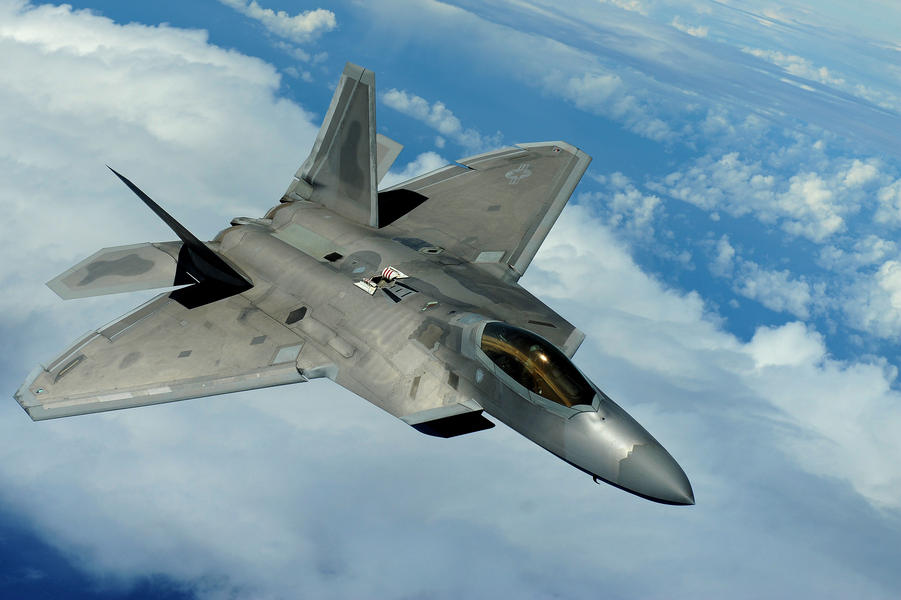U.S., Syria disagree on whether Syria knew about anti-ISIS airstrikes beforehand


A free daily email with the biggest news stories of the day – and the best features from TheWeek.com
You are now subscribed
Your newsletter sign-up was successful
The U.S. and several Arab allies took the battle against Islamic State of Iraq and Syria (ISIS) inside Syria on Monday night, and Syria and the U.S. are offering different stories on one of the big questions about the bombing raids: Did the government of Syrian President Bashar al-Assad know about the airstrikes beforehand?
A U.S. defense official tells The New York Times that Assad's government neither approved the airstrikes nor knew about them in advance. The Syrian foreign ministry appears to disagree, saying in a statement: "The American side informed Syria's permanent envoy to the U.N. that strike will be launched against the Daesh terrorist organization (ISIS) in Raqqa." And most of the strikes on Monday were reportedly against ISIS targets — depots, weapons stockpiles, barracks, and command centers — in or around the ISIS stronghold of Raqqa.
Whether or not the Assad government knew about the strikes beforehand, it stands to benefit, note Helene Cooper and Eric Schmitt at The New York Times. Since the anti-ISIS, anti-Assad rebels the U.S. favors aren't in any position to capitalize on the airstrikes, Assad's forces are "in perhaps the best position to take advantage of any American bombardment," reclaiming ground lost to ISIS. "We don't plan to make it easy for Assad to reclaim territory," a White House official told The Times, without explaining what methods the U.S. might employ to deter the Syrian army.
The Week
Escape your echo chamber. Get the facts behind the news, plus analysis from multiple perspectives.

Sign up for The Week's Free Newsletters
From our morning news briefing to a weekly Good News Newsletter, get the best of The Week delivered directly to your inbox.
From our morning news briefing to a weekly Good News Newsletter, get the best of The Week delivered directly to your inbox.
A free daily email with the biggest news stories of the day – and the best features from TheWeek.com
Peter has worked as a news and culture writer and editor at The Week since the site's launch in 2008. He covers politics, world affairs, religion and cultural currents. His journalism career began as a copy editor at a financial newswire and has included editorial positions at The New York Times Magazine, Facts on File, and Oregon State University.
